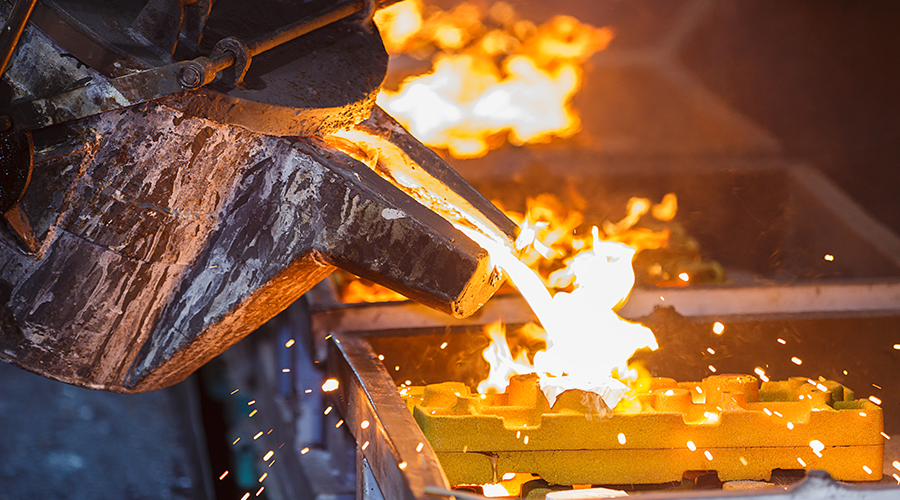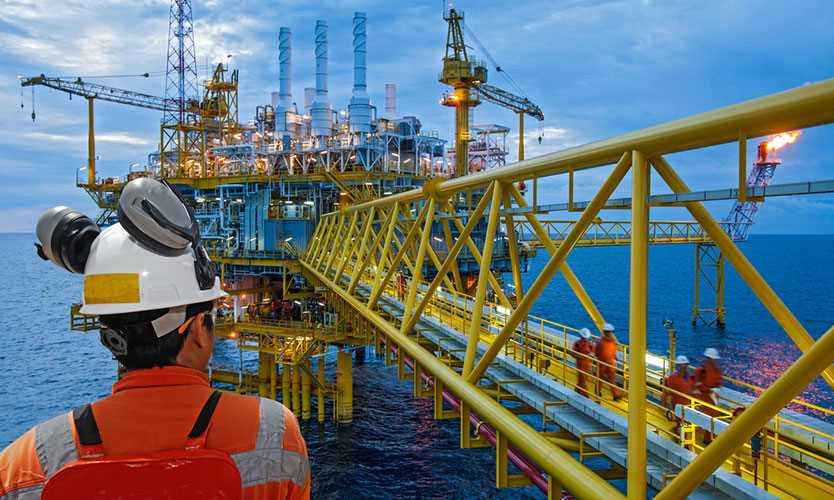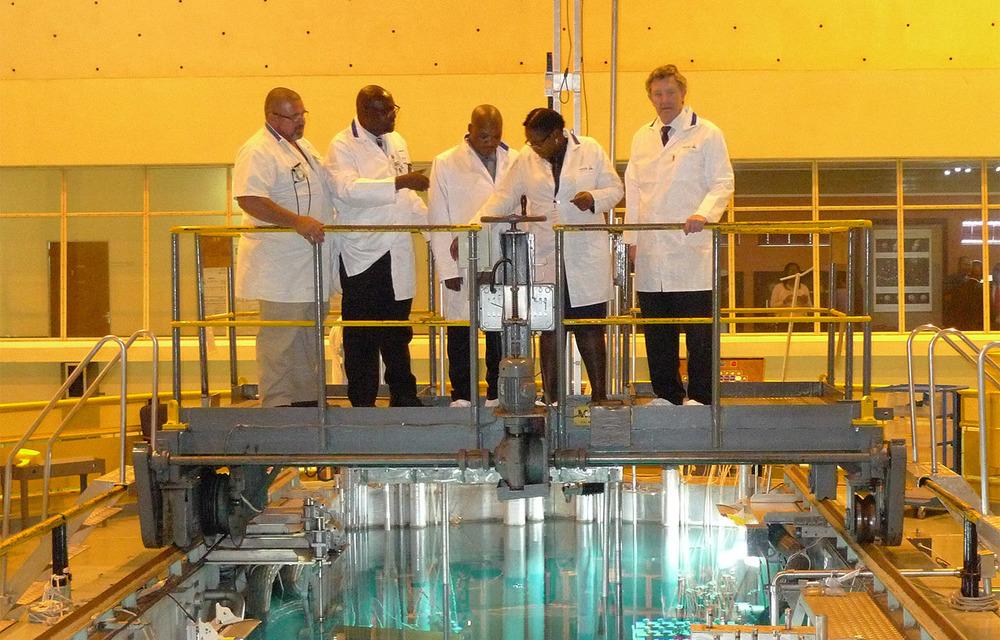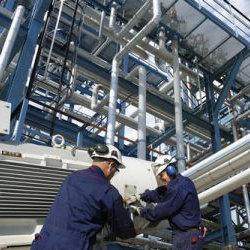Explore Our Bill Payment Services:

- Salary And Allowance
- Engineers Salary
- South Africa
Salary And Allowance Structure For Metallurgical Engineering In South Africa
Metallurgical engineering is one of the most essential fields in South Africa’s industrial framework. It deals with the science and technology of metals—covering their extraction, refining, processing, and performance. The country’s economy, historically tied to mining and heavy industry, has created strong demand for metallurgical engineers who play crucial roles in industries such as mining, steel manufacturing, materials research, and consultancy. These professionals are responsible for ensuring efficiency in metal production, maintaining product quality, and driving innovation in industrial processes.
But beyond the prestige of working in such an important field, many aspiring and practicing engineers often ask: what does metallurgical engineering pay in South Africa? How do salaries vary by experience, specialization, and location? And what allowances and benefits can be expected?
This comprehensive guide explores everything about the salary and allowance structure for metallurgical engineers in South Africa, giving you a clear roadmap of what to expect in 2025 and beyond.
Base Salary Overview: What Do Metallurgical Engineers Earn?
The base salary for metallurgical engineers in South Africa varies widely depending on employer, location, and experience. On average:
-
Entry-level salaries start around R 22,000 – R 30,000 per month, translating to roughly R 270,000 – R 360,000 annually.
-
Mid-career engineers with 5–10 years of experience can earn between R 500,000 – R 700,000 annually.
-
Senior engineers and specialists can easily command annual pay packages exceeding R 800,000, with some roles surpassing R 1 million depending on expertise and responsibility.
The general salary range for most practicing metallurgical engineers falls between R 270,000 and R 720,000 annually, with specialized or high-level managerial roles pushing earnings into the million-rand bracket.
This means that while starting salaries may be modest compared to some other engineering fields, the potential for growth is strong, especially for those who gain expertise in niche areas of metallurgy.
Salaries by Experience Level
Experience remains one of the strongest determinants of salary progression. Metallurgical engineers who consistently build their skills and take on leadership responsibilities see steady growth over their careers. Here’s how earnings typically progress:
-
0–2 years (Entry-Level)
Monthly: ~R 29,800
Annual: ~R 357,700
Tasks: Supporting senior engineers, lab analysis, data collection, and routine process monitoring. -
2–5 years (Early Career)
Monthly: ~R 40,000
Annual: ~R 480,600
Roles: Independent process technician, junior consultant, or supervisor support. -
5–10 years (Mid-Career)
Monthly: ~R 51,900
Annual: ~R 623,200
Roles: Leading projects, managing small teams, and specializing in key processes like steel refinement or materials design. -
10–15 years (Senior Level)
Monthly: ~R 62,900
Annual: ~R 754,900
Roles: Department manager, senior consultant, or plant manager with oversight of major operations. -
15–20 years (Advanced Seniority)
Monthly: ~R 68,800
Annual: ~R 824,800
Roles: Regional expert, consultant, or strategic decision-maker in industrial companies. -
20+ years (Veteran Status)
Monthly: ~R 72,300
Annual: ~R 866,900
Roles: Executive positions such as Director of Metallurgy, Chief Technical Officer, or independent high-level consultant.
As shown, salaries nearly double between the entry-level and mid-career stages, and they continue to climb steadily until plateauing at senior leadership levels.
Specialization and Skill-Based Salary Variation
While years of experience are important, specific technical skills and specializations can have an even greater impact on earnings. Employers often reward engineers who bring niche expertise to the table. Below are some of the most lucrative areas:
-
Process Improvement
Average annual pay: ~R 481,500
Engineers skilled at streamlining metallurgical processes often receive higher salaries and substantial performance bonuses. -
Problem-Solving Skills
Average annual pay: ~R 318,500
These engineers excel at troubleshooting plant issues, ensuring smooth operations and minimizing downtime. -
Manufacturing Process Engineering
Average annual pay: ~R 423,200
With demand rising for optimized manufacturing, specialists in this area often earn well above average. -
Material Science
Average annual pay: ~R 275,000
This specialization is in research and development, focusing on the discovery and testing of new alloys and materials. -
Technical Analysis
Average annual pay: ~R 457,800
Engineers who can analyze production data and enhance efficiency are highly valued. -
Quality Assurance / Quality Control (QA/QC)
Average annual pay: ~R 556,200
This is one of the highest-paying specializations, as QA/QC ensures that all products meet stringent safety and performance standards. -
Data Analysis
Average annual pay: ~R 599,500
With the rise of digital technology in metallurgy, data-driven engineers are some of the best compensated in the field.
The takeaway: Engineers who develop skills in QA/QC or Data Analysis are positioned for the highest salaries in the profession.
Regional and Role-Based Variation
Salaries for metallurgical engineers also vary by region and employer. Industrial hubs such as Gauteng, Mpumalanga, Vanderbijlpark, and Johannesburg offer higher pay compared to smaller towns, primarily because of the concentration of mining, steel, and heavy manufacturing industries in these areas.
Roles in multinational corporations and specialized consulting firms also tend to offer higher compensation packages compared to smaller local companies. Engineers willing to relocate to remote mining areas may also receive additional allowances, making their total packages more competitive.
Allowances, Benefits, and Total Compensation
Salary alone doesn’t tell the whole story. Metallurgical engineers in South Africa often receive various allowances and benefits that significantly enhance their total compensation. Common examples include:
-
Housing Allowances: Especially for engineers working in remote or mining-heavy regions.
-
Transport Allowances: To support commuting or relocation needs.
-
Medical Aid Contributions: Companies often contribute towards comprehensive health insurance.
-
Retirement and Pension Plans: Employer contributions to pension funds are a standard benefit.
-
Performance Bonuses and Profit-Sharing: Particularly common in larger corporations.
-
Professional Development Support: Funding for certifications, advanced degrees, or international training.
In many cases, these allowances and benefits can add 10–20% or more to an engineer’s overall compensation package.
Career Segment Breakdown: Entry to Senior Levels
To simplify the progression of salaries and responsibilities, here’s a structured overview:
-
Entry-Level (0–2 Years)
-
Monthly Salary: ~R 29,800
-
Annual Salary: ~R 360,000
-
Typical Role: Lab support, routine process monitoring.
-
-
Early Career (2–5 Years)
-
Monthly Salary: ~R 40,000
-
Annual Salary: ~R 480,000
-
Typical Role: Independent project technician, junior consultant.
-
-
Mid-Career (5–10 Years)
-
Monthly Salary: ~R 51,900
-
Annual Salary: ~R 620,000
-
Typical Role: Project leader, specialized metallurgist.
-
-
Senior Career (10–15 Years)
-
Monthly Salary: ~R 62,900
-
Annual Salary: ~R 750,000
-
Typical Role: Department head, senior consultant.
-
-
Veteran Career (15–20+ Years)
-
Monthly Salary: ~R 68,800–72,300
-
Annual Salary: ~R 825,000–867,000
-
Typical Role: Director, regional manager, or expert consultant.
-
Specialists in QA/QC and Data Analysis often surpass these averages, earning close to or above R 600,000 annually.
Strategic Insights: How to Maximize Your Earnings
1. Develop High-Paying Specializations
Focus on skill sets like data analysis, QA/QC, and process improvement, which consistently command higher salaries.
2. Target Lucrative Locations
Prioritize industrial hubs like Gauteng and Mpumalanga, where mining and heavy industry create strong demand for metallurgical expertise.
3. Negotiate Total Packages, Not Just Salary
Consider housing, transport, and retirement contributions when discussing offers. Total compensation often matters more than the base salary alone.
4. Map Career Stages Carefully
Set milestones at 5-year intervals to align your career growth with pay progression.
5. Stay Flexible Amid Industry Changes
The steel and mining industries are prone to restructuring. Diversifying into consulting, R&D, or digital metallurgy roles can provide long-term stability.
Final Thoughts
Metallurgical engineering in South Africa offers a rewarding career both intellectually and financially. Salaries start modestly but grow significantly with experience and specialization. On average:
-
Entry-level engineers earn around R 360,000 annually.
-
Mid-career engineers earn around R 620,000 annually.
-
Senior engineers average R 750,000 annually.
-
Veterans and specialists can earn over R 850,000 annually, with some exceeding the million-rand threshold.
Allowances such as housing, transport, medical aid, and retirement contributions further enhance total compensation, often boosting packages by 10–20%.
Ultimately, metallurgical engineers who embrace continuous learning, specialize in high-demand areas, and adapt to industry shifts will remain highly valued—and handsomely rewarded—in South Africa’s evolving industrial economy.









